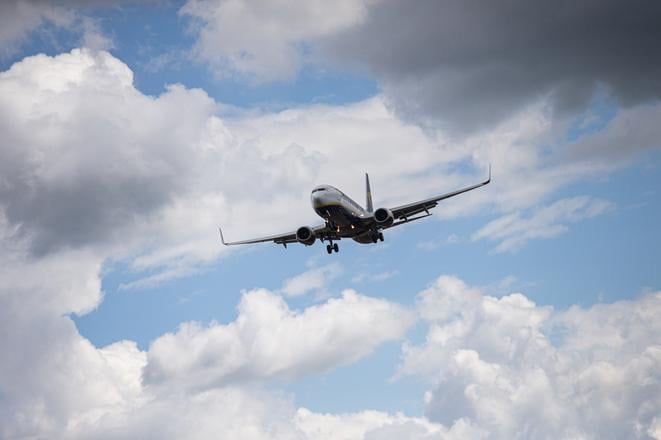Slovak carriers flying directly to the other side of the Atlantic and its aviation industry directly exporting equipment to the US: this could become reality after Slovakia undergoes an aviation audit.
State Secretary of the Transport Ministry Katarína Bruncková (Sme Rodina nom.) and chairman of the Slovak Transport Office, Pavol Hudák, discussed the missing audit with the US Federal Aviation Administration at the International Civil Aviation Organization (ICAO) in Montreal, Canada.
Bruncková says that once the audit is done, it could have a significant positive economic impact for Slovak producers, the SITA newswire reported.
Importance of certification
Transport Minister Andrej Doležal (Sme Rodina nom.) said Slovakia does not exist on the map of world carriers, especially for transatlantic flights, due to the lack of the required certification based on an audit to the required level. That is why carriers cannot fly between Slovakia and the USA.
"It is important that we, as Slovakia, obtain a higher certification," Doležal said on Friday, as quoted by SITA, adding that the audit will be conducted and that he expects it to be successful.
Bratislava as an alternative to Vienna
"After that, carriers will be able to establish lines, for example from Bratislava to the US, and whether it will be Washington or Florida, I don't care at all," the Transport Minister said.
According to him, Bratislava could be an interesting alternative to nearby Vienna.
"It may offer cheaper fees, it may be advantageous for someone. It may also be a complementary airport to Vienna, because we are not only talking about passengers, but also freight transport," Doležal explained.
A chance for small Slovak aircraft manufacturers
The audit could lead to a certification that would also allow Slovak manufacturers to export their aviation technology to the US. The Transport Minister noted that there are quality manufacturers of small aircraft in Slovakia, but they cannot directly export their products to the American market due to the lack of the necessary certification.
"That's why it is traded through the Czech Republic, which after the division of Czechoslovakia retained the benefits or the Czechoslovak status, and Slovakia did not," Doležal said. He added that the ministry is now determined to catch up, but did not specify any details or dates of when the plans could realised.



 (source: SME - Marko Erd)
(source: SME - Marko Erd)